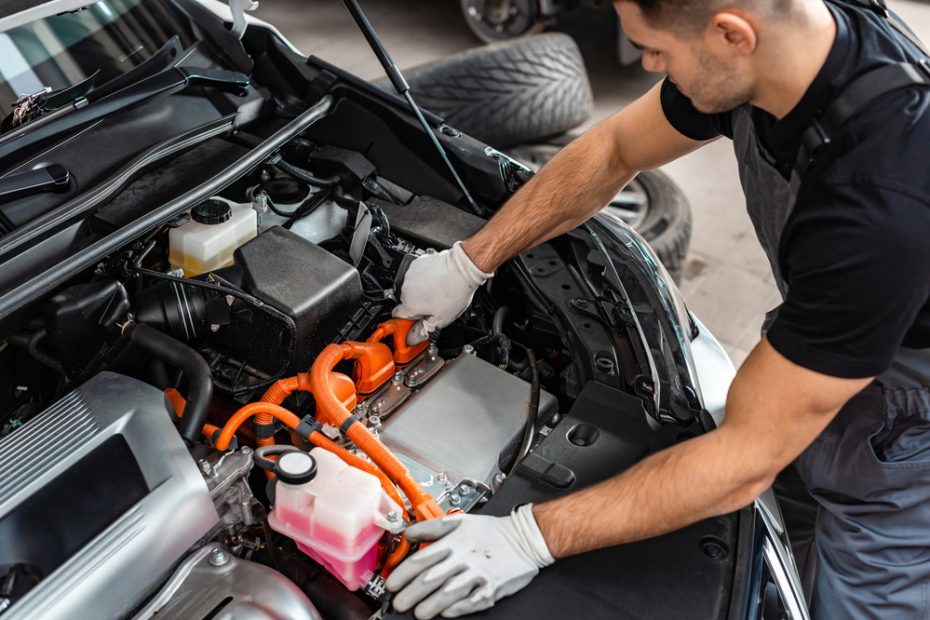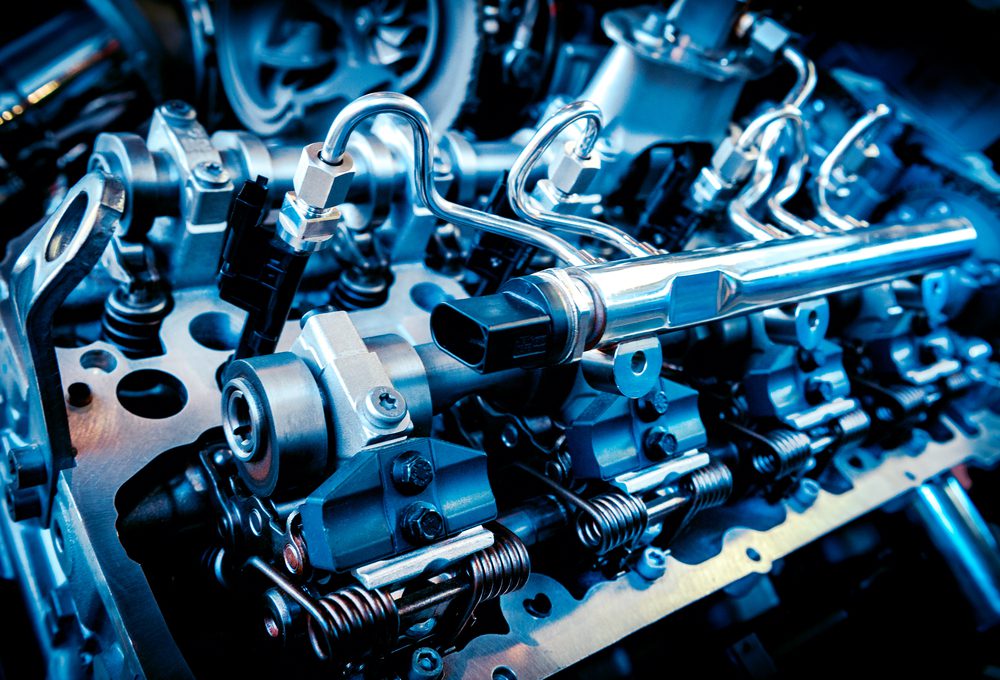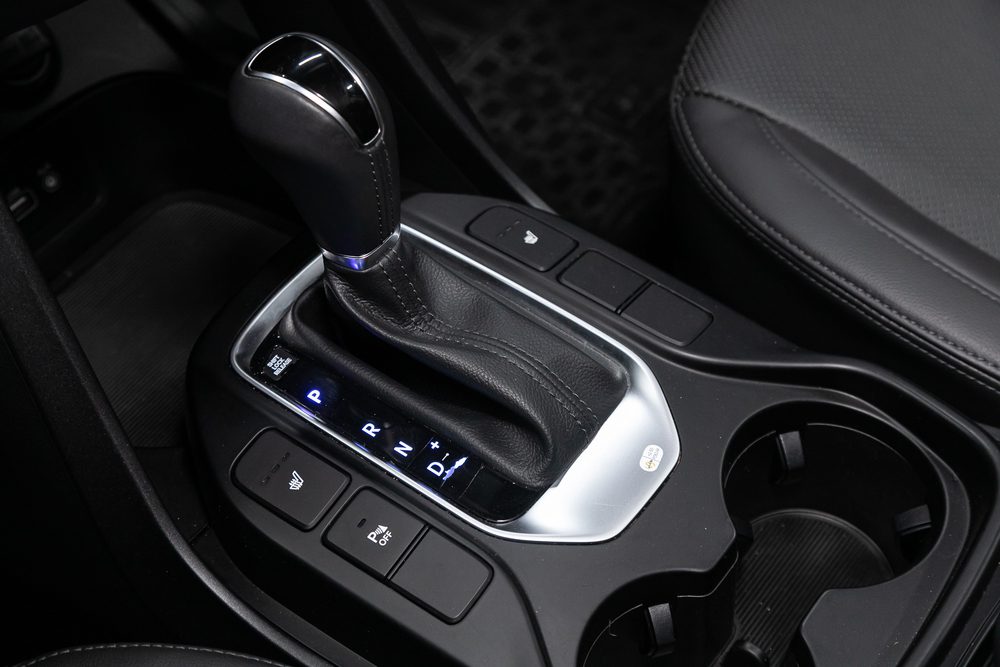What is the TCU in a car?
The TCU, also known as the Telematics Control Unit, is an essential component in modern cars that enables communication and connectivity functionalities. It serves as the central hub for various systems, including vehicle diagnostics, navigation, entertainment, and safety features. While often overlooked by car owners, the TCU plays a crucial role in enhancing the driving experience and enabling advanced vehicle capabilities.
How does the TCU work?
The TCU relies on a combination of hardware and software to enable its functionality. It utilizes cellular networks to establish connections with external servers or platforms, enabling real-time data transfer and communication. This connectivity allows the TCU to provide services such as remote vehicle diagnostics, GPS navigation, emergency roadside assistance, and even over-the-air software updates.
Key features and benefits of the TCU
- Remote Vehicle Diagnostics: The TCU can constantly monitor the health of the vehicle and detect any potential issues. It can then send diagnostic information to the manufacturer or service center, facilitating proactive maintenance and quick troubleshooting.
- GPS Navigation: With the help of the TCU, cars can provide real-time traffic updates, routing suggestions, and turn-by-turn directions. This feature greatly improves the efficiency of travel and helps drivers reach their destinations more easily.
- Emergency Assistance: In case of an accident or breakdown, the TCU can automatically alert emergency services and provide them with the vehicle’s location. This feature can potentially save lives and ensure prompt assistance in critical situations.
- Connected Services: The TCU enables various connected services, such as music streaming, weather updates, voice commands, and smartphone integration. These features enhance the overall driving experience and keep drivers connected while on the road.
“The TCU revolutionizes the way we interact with our vehicles, bringing advanced connectivity features that were once unimaginable. It turns cars into smart devices on wheels, enriching the driving experience and providing a higher level of convenience and safety.”
The future of TCUs
As automotive technology advances, the role and capabilities of TCUs are expected to expand further. The integration of 5G networks will enable even faster data transfer rates, paving the way for more sophisticated connected services and real-time updates. Additionally, with the rise of autonomous vehicles, TCUs will play a vital role in enabling communication between vehicles, infrastructure, and other smart devices, facilitating safer and more efficient transportation.
Overall, the TCU is an integral part of modern cars, enabling a wide range of connected services and enhancing the driving experience. Its ability to communicate, process data, and facilitate remote interactions opens up endless possibilities for innovation and convenience in the automotive industry. So next time you get into your car, remember that the TCU is working behind the scenes to make your journey more enjoyable and connected.
What is TCM in a Diesel Engine?
TCM stands for Transmission Control Module, which is an important component in diesel engines. It is responsible for controlling and managing the transmission system of the vehicle. The TCM works in conjunction with other components such as the engine control module (ECM), sensors, actuators, and solenoids to ensure smooth operation and optimal performance of the diesel engine.
The Role of TCM
The main role of the TCM in a diesel engine is to regulate the shifting of gears in the transmission system. It receives signals from various sensors that monitor parameters like engine speed, vehicle speed, throttle position, and load conditions. Based on these inputs, the TCM determines the appropriate gear shifts and engages the solenoids to control the hydraulic pressure within the transmission system.
The TCM uses advanced algorithms and programming to optimize shift timing, maximize fuel efficiency, and improve overall drivability. It continuously adapts and learns from the driver’s behavior and adjusts the shift points accordingly. This helps in reducing wear and tear on the transmission components and ensures a smoother driving experience.
Importance of TCM Maintenance
Proper maintenance of the TCM is crucial for the longevity and performance of the diesel engine. Regular check-ups and diagnostics are necessary to identify any potential issues or errors in the TCM. Faulty TCM can lead to improper gear shifts, harsh engagements, reduced fuel efficiency, and even transmission failure.
Maintaining a healthy TCM not only enhances the driving experience but also prevents costly repairs down the line.
Routine inspections by qualified technicians, software updates, and ensuring the transmission fluid is at the correct level and quality are essential for TCM maintenance. Additionally, following the manufacturer’s recommended service intervals and using high-quality transmission fluids can significantly prolong the lifespan of the TCM.
Does a manual car have a TCU?
When discussing the Transmission Control Unit (TCU) in a car, one might often wonder if it is applicable to manual transmissions as well. Typically, the TCU is associated with automatic transmissions, as it plays a crucial role in controlling and optimizing their shifting patterns.
However, in the case of manual transmissions, there is no dedicated TCU. In a manual car, the driver manually selects and engages the gears, controlling the shifting process via the clutch pedal and the gear lever.
Unlike automatic transmissions that require an electronic control unit to manage gear shifts, manual transmissions rely solely on the driver’s input and mechanical components.
Advantages of Manual Transmissions
Manual transmissions have their own advantages over automatic counterparts. They provide better control over the vehicle and allow the driver to tailor gear changes to specific driving conditions. Additionally, manual transmissions tend to be more fuel-efficient, as they do not rely on hydraulic systems like automatic transmissions that can create additional drag.
The Role of Sensors in Manual Cars
While manual cars do not have a dedicated TCU, they still incorporate sensors to monitor various aspects of the vehicle’s performance. These sensors assist in providing information to other control units, such as the Engine Control Unit (ECU), to optimize engine performance, fuel delivery, and emissions.
In Conclusion
Although manual cars do not have a Transmission Control Unit (TCU) like automatic transmissions, they still offer unique advantages and incorporate sensors to enhance overall performance.
So if you’re considering purchasing a manual car, rest assured that you won’t have to worry about a TCU. Enjoy the engaging driving experience and full control over your gear changes!
Conclusion
TCM plays a vital role in controlling the transmission system of diesel engines. It ensures smooth gear shifts, optimizes performance, and enhances the overall driving experience. Regular maintenance and timely diagnostics are necessary to keep the TCM in optimal condition and avoid potential transmission issues.



